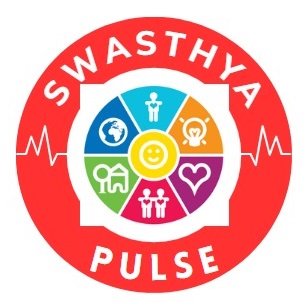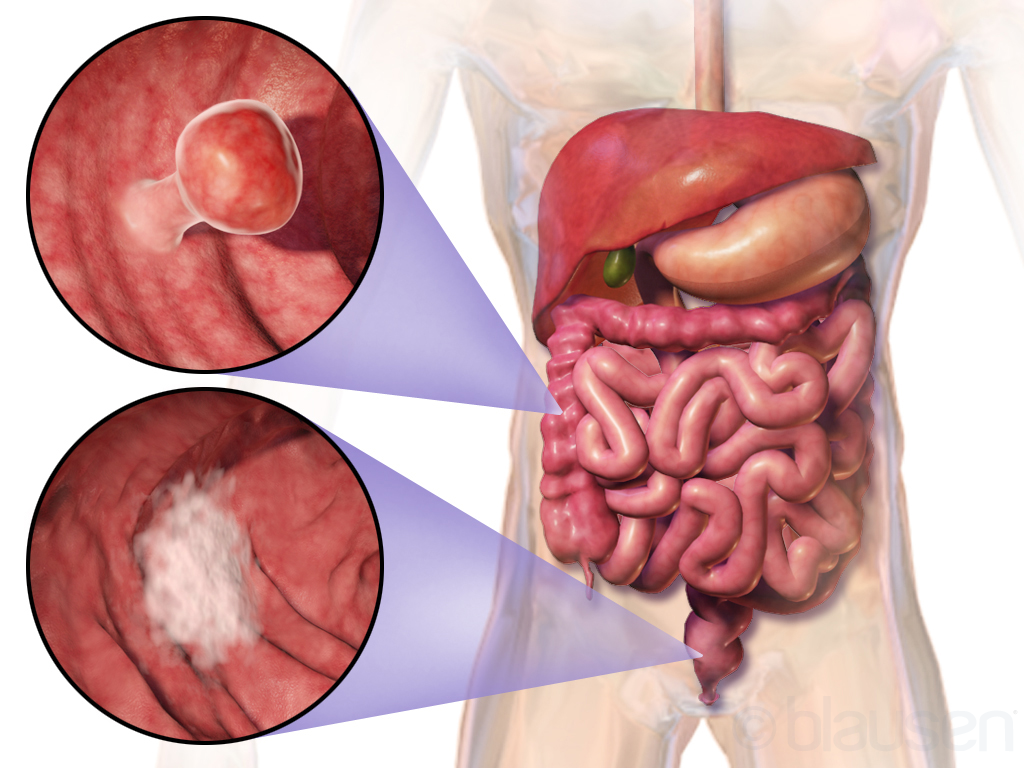Cancer Prevention: 7 Tips to Reduce Your Risk
By Mayo Clinic Staff
Worried about cancer prevention? The good news is, you can take charge of your health by making smart lifestyle choices. While no single method can guarantee prevention, research shows that healthy habits can significantly lower your risk.
Here are 7 expert-backed tips to help reduce your chances of developing cancer:
1. Don’t Use Tobacco
Smoking is linked to multiple cancers including lung, mouth, throat, pancreas, bladder, cervix, and kidney.
Secondhand smoke also increases lung cancer risk.
Chewing tobacco can cause cancers of the mouth, throat, and pancreas.
👉 Quitting tobacco is one of the most important steps you can take. Talk to a healthcare provider for support and proven quitting strategies.
2. Eat a Healthy Diet
While diet alone can’t prevent cancer, it plays a big role in lowering risk.
Eat plenty of fruits, vegetables, whole grains, and legumes.
Limit: red meat, processed meat, sugary drinks, refined carbs, and unhealthy fats.
Drink alcohol only in moderation—or avoid it altogether.
A Mediterranean-style diet (rich in plant-based foods, olive oil, nuts, and fish) is linked to lower cancer risk, especially breast cancer.
3. Maintain a Healthy Weight & Stay Active
Being overweight raises the risk of several cancers, including breast, colon, pancreas, and kidney.
Regular exercise helps manage weight and reduces cancer risk directly.
👉 Aim for at least 150 minutes of moderate activity or 75 minutes of vigorous activity per week.
4. Protect Yourself from the Sun
Skin cancer is one of the most common—and most preventable—types of cancer.
Avoid direct sun between 10 a.m. – 4 p.m.
Stay in the shade and wear protective clothing, sunglasses, and wide-brimmed hats.
Use a broad-spectrum sunscreen with at least SPF 30. Reapply every 2 hours and after swimming or sweating.
Skip tanning beds and sunlamps—they are just as harmful as the sun.
5. Get Vaccinated
Some cancers are linked to viral infections. Vaccines can help protect you:
Hepatitis B: reduces the risk of liver cancer. Recommended for high-risk groups, including people with multiple sexual partners, those with STIs, drug users, and healthcare workers.
HPV (Human Papillomavirus): protects against cervical, genital, throat, and anal cancers. Available for children (starting at age 9) and young adults who missed vaccination.
6. Avoid Risky Behaviors
Certain risky activities can increase cancer risk:
Practice safe sex and limit sexual partners to lower the risk of HPV and HIV.
Don’t share needles—this can spread HIV, hepatitis B, and hepatitis C, all linked to higher cancer risk.
If struggling with drug use, seek professional support.
7. Get Regular Medical Care
Schedule regular screenings and self-exams to detect cancer early.
Early detection improves treatment success for cancers like breast, cervical, colon, and skin cancer.
Ask your healthcare provider which screenings are right for your age and risk factors.


